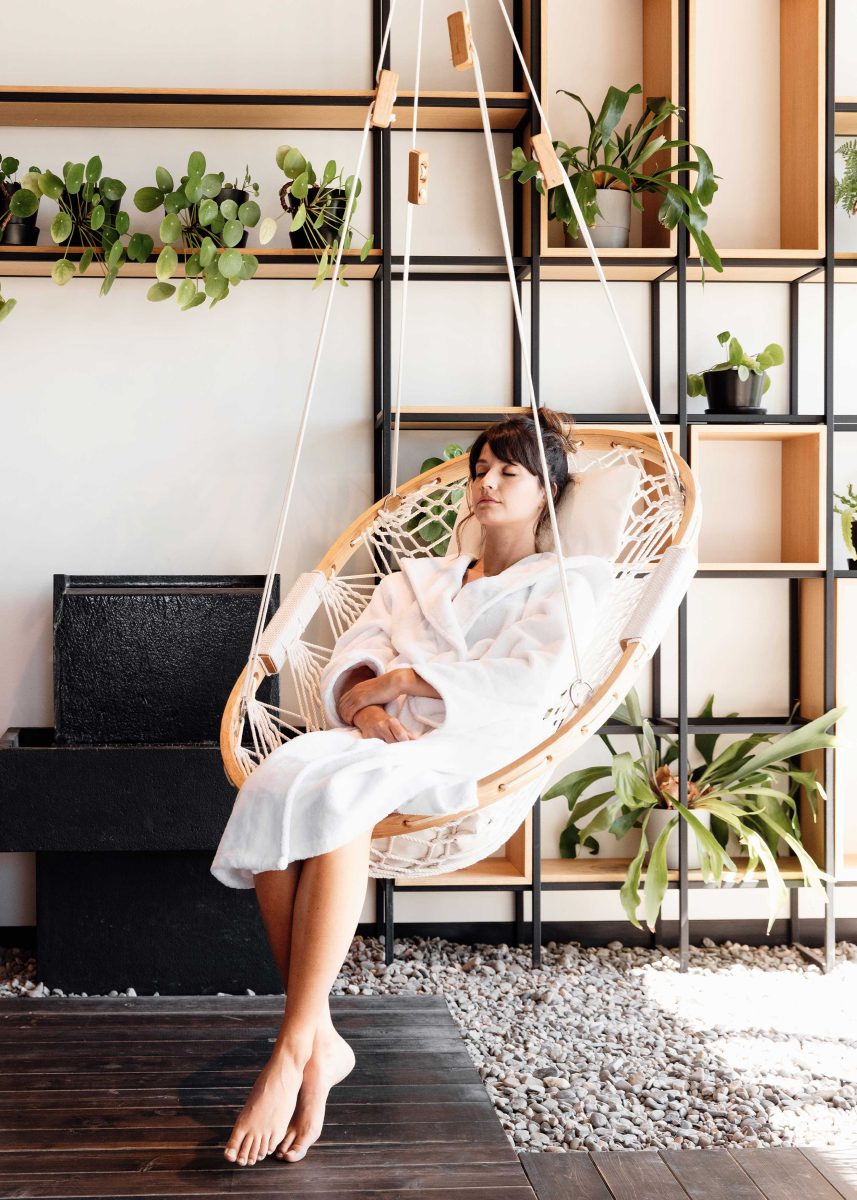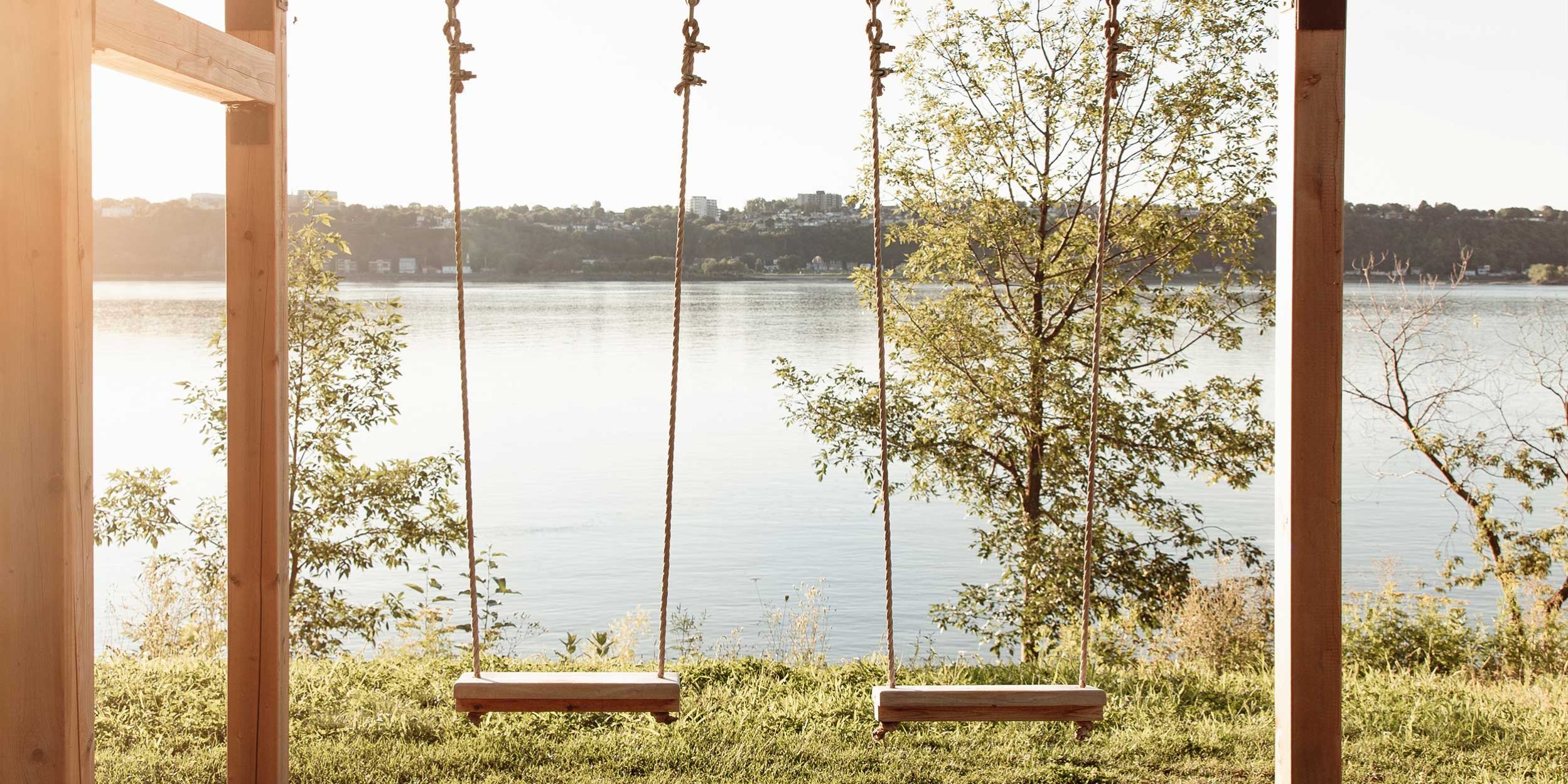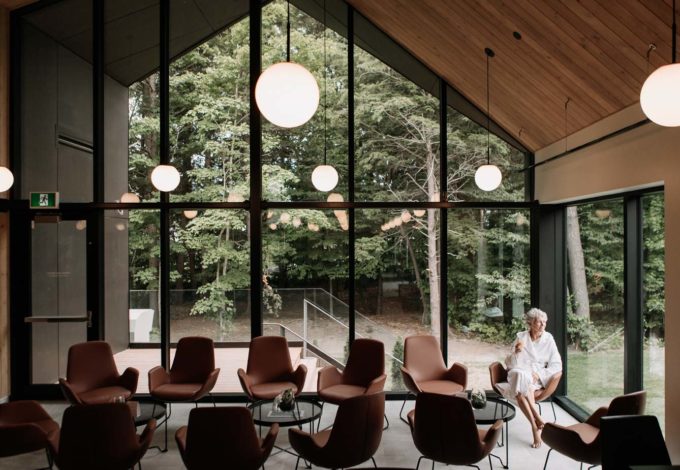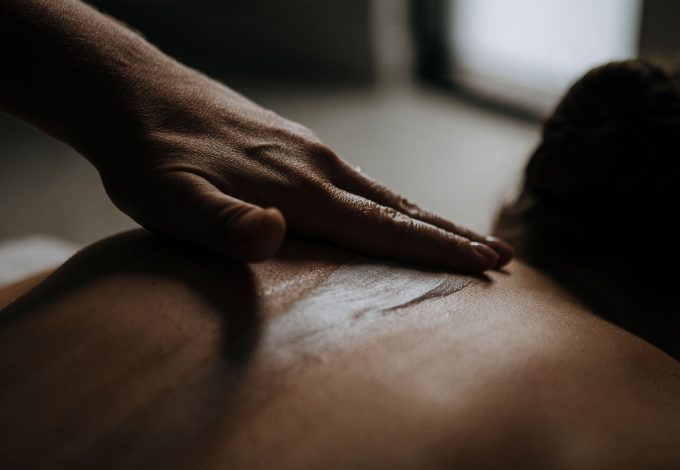FINALLY! — You’re sitting down, magazine in hand. How often do you let your eyes and mind wander far from your phone screens and your thoughts? Have you ever thought about making this downtime a way of life? Would this be unthinkable, when life moves so fast? Or are you already doing it? Is this a luxury you dare not grant yourself, or rather a deep desire—a need, even—which you unfortunately don’t know how to meet? Between the desire and the reality of a daily life that breathes more, there is a question of perception. Let’s stop viewing our downtime as a time of laziness, time stolen from our to-do list, or even as a well-deserved reward at the end of our hard work. No, to make room for them more often, to silence the guilt, our downtimes must be considered strategic and useful actions, even necessary and essential to the proper functioning of our main work tool: our brain.
slowing down
Between pandemic fatigue and the endless stream of news as distressing as it is polarizing, which crashes down upon us week after week, the world has never been so exhausted. In April 2021, 80% of managers claimed that they finished their workdays so worn out that they had no energy left for anything else. More broadly, most people claim that they work more when they work from home, using the time usually allocated to commuting to get down to business. Many even wondered how they would be able to resume their other social roles after the pandemic, because work was now taking up such a big place in their lives.
cultural shift
But how did we come, as a society, to eliminate the majority of our downtime? First, performance culture has become the dominant culture, so work expectations often take precedence over the needs of other areas. Or worse yet, we are no longer listening to our real needs, dazed by FOMO (fear of missing out), that fear of missing something or not seizing opportunities. The other culprit, of course, is hyperconnectivity. This is possibly the perpetrator that has put the nail in the coffin of our downtime. Immediacy has become our drug. The little mouse in our brain drinks up so many novelties and stimulations that it gives us a headache. But it can’t just stop, since it has been drugged by the surge of hormones that these activities give it.
This is how we lost our downtime: those empty times, free of demands, during which our mind can wander freely, like the time spent waiting in line at the grocery store or on the phone, during a taxi or bus ride. These now bother us so much that we fill them immediately, grabbing our phones and checking our messages, notifications of all sorts, and newsfeeds. In short, we end up taking less and less time to replenish our own energies and soothe our overstimulated mental space.
Ah, those humans! You have to laugh! But it also makes you wonder, doesn’t it? Do you agree with me that it’s possible to ask the question differently: What are we missing out on if we no longer have any downtime to enjoy? We’re missing out on real connection: the relationship with the self, with nature, with the natural rhythm of things. Connection with others, even, which we have missed so much during the pandemic. Will we be able to restore this skillful balance between stimulation, mental recharging, and inspiration? Yes, downtime can help us do that.
a healthy performance tool called white space
The official definition of this concept is “strategic time on the margins of everyday life to take a step back, calm your mental space, think strategically, and settle down.” As a strategic business advisor and a communications and creativity professional, I’m a regular at lacs-à-l’épaule, corporate retreats during which we reconnect, reflect, and plan, away from our computers. The idea behind white space is to create these little pockets of time for ourselves on a daily basis. Does this seem like an inaccessible luxury to you? What if those few minutes each day allowed you to reclaim your experience of work and life, to have days that were much more satisfying and less exhausting?
seeing the forest for the trees
There are several types of white space, from the smallest, such as the break between two meetings at work, to the largest: the famous retreat or lac-à-l’épaule. Between the two, there are all those moments of transition, such as riding in a car, walking to school, or working out, where we take the time to draw a line between our workday and our return to the family sphere. These moments of pause can even be invited to the office, where it is said that devoting 20% of our time to white space could help stimulate creativity and innovation, encourage strategic agility and learning, and prioritize overall health and the feeling of belonging to the team. Finally, there are those times for ourselves at the end of the evening or during our days off, which we sometimes forget to direct in an intentional and satisfying way.
what exactly are we doing during these whites spaces?
We are letting the dust of our thoughts settle or putting them down on paper in a giant mental decluttering. Our “I have tos,” our plans, our past memories, our inner monologue. Studies show that spending just 20 minutes outside (alone, in silence, and without any screens) is enough to significantly lower the cortisol levels in our bodies, and therefore our stress. We can use this time to take a walk, observe our natural surroundings, and reconnect with our five senses. We thus detach ourselves a little from our thoughts; we let them cross our minds while we focus on nature for a few minutes. Inside, we will get the same benefits from touching a steaming cup of tea, listening to the sound of the kettle, or opening the window for a breath of fresh air, for example. An accessible first step to mindfulness. Once all your mental agitation has been soothed, it’s a safe bet that you will feel more present, more aware of your surroundings. You will be filled with a feeling of calm and satisfaction. In short, you will see things more clearly. At that time, you will have a better strategic perspective to orient your day in a realistic way, according to your real needs and priorities. And that’s healthy productivity! Happy white space!

from intention to action
De Saison equips individuals, teams, and managers in this unprecedented transformation of the world of work. Its mission: to promote healthy performance reflexes for the health of individuals, their families, organizations, and communities as a whole.







